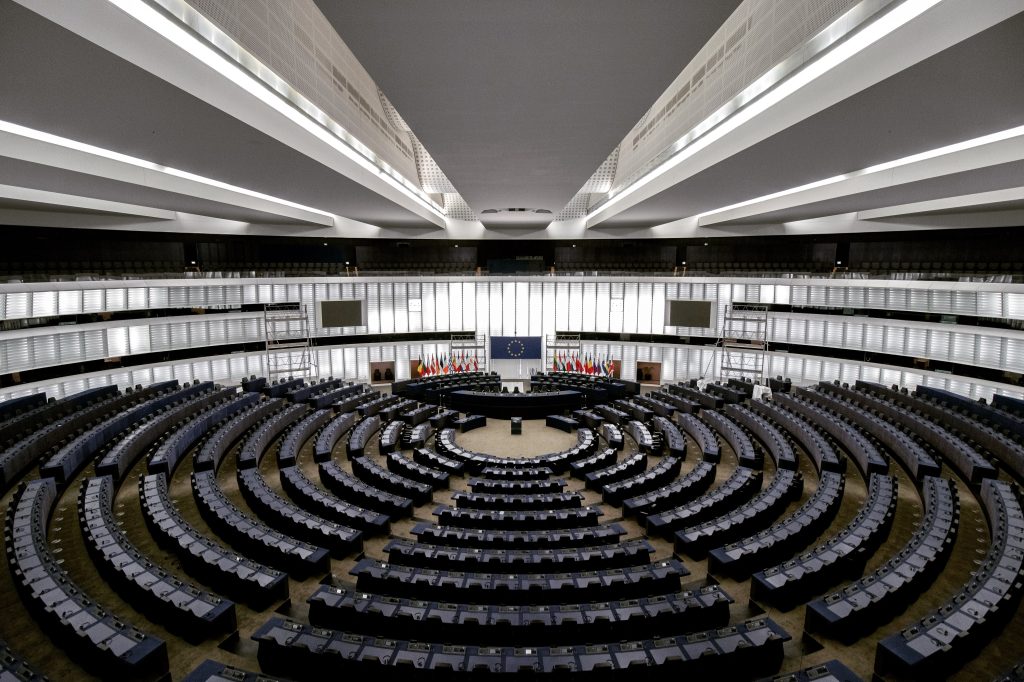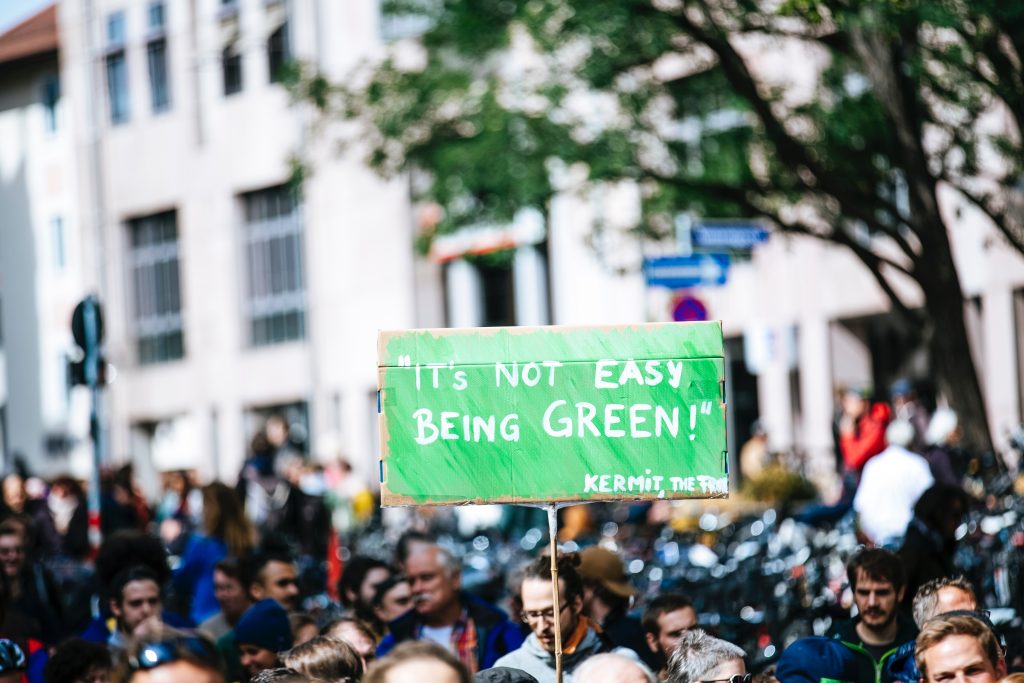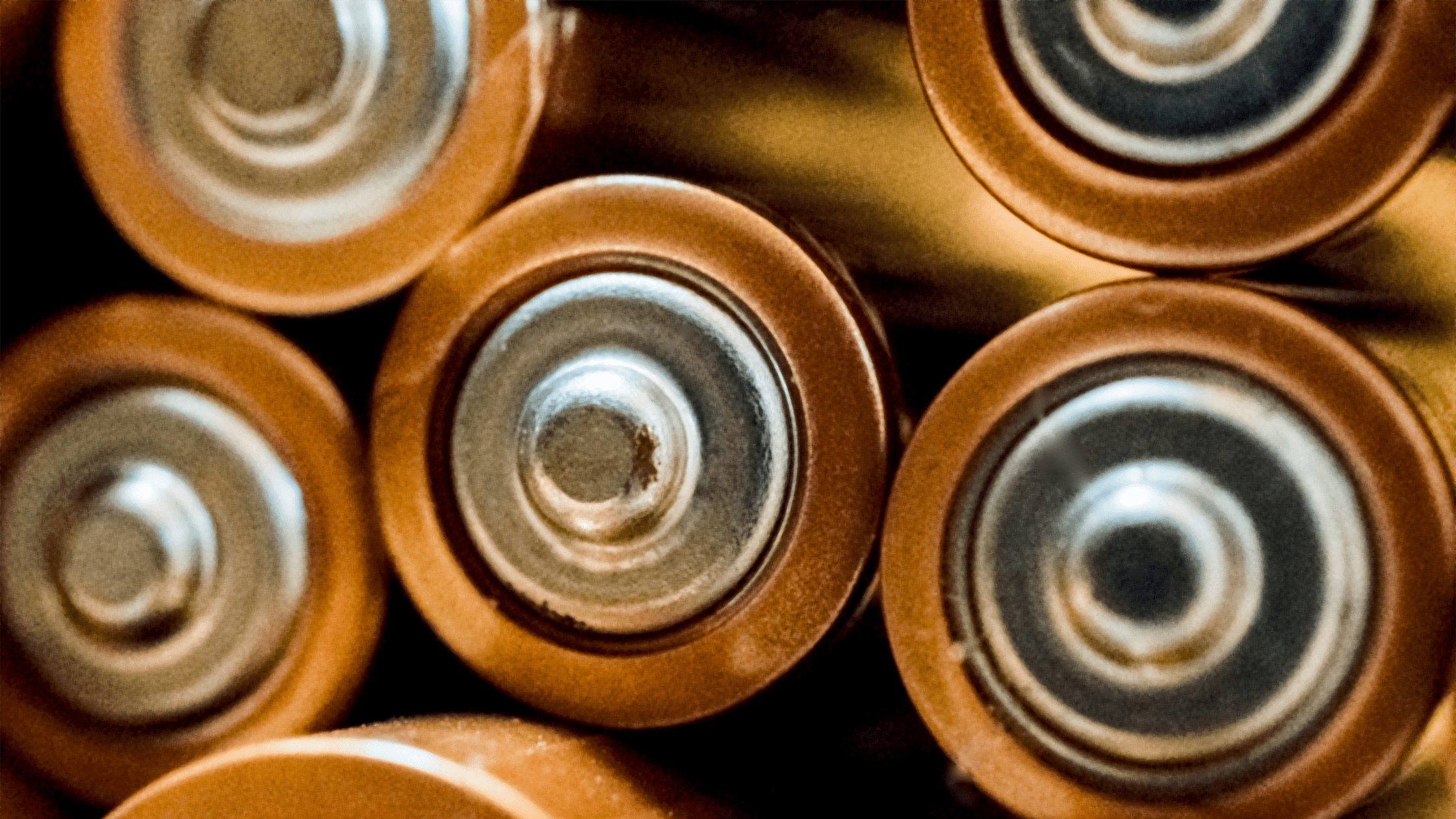The German Batteries Act (BattG) regulates the marketing, return and environmentally sound disposal of batteries and accumulators (rechargeable batteries). Starting in 2023, important changes will come into effect that will affect companies and online retailers that deal with batteries. In this article, we would like to inform you about these changes and explain how we can support you in meeting the requirements of the law.
Background German Batteries Act 2023
The Batteries Act is part of the implementation of the EU Batteries Directive into German law. It aims to ensure that batteries are disposed of in an environmentally sound manner and that battery manufacturers meet their responsibilities for disposal. The law contains regulations for placing batteries on the market, their return by producers and distributors, and their disposal (that of the batteries, not the producers and distributors…). The importance for environmental and resource protection lies in their content: batteries and accumulators contain valuable materials, but may also contain substances hazardous to health and the environment. Responsible handling is therefore mandatory – all the more so in times of increasing resource scarcity.

Changes in BattG2 from 2023
Based on the EU Batteries Regulation, important changes in the German Batteries Act will come into force from 2023. One of the most important changes is the extension of the scope of the law to the entire life cycle of batteries and the inclusion of all battery types. This is a real step forward, as until now the entire life cycle was not covered! This means that companies that work with batteries will also be responsible for the disposal of spent batteries in the future. Another important change concerns the take-back of used batteries. Manufacturers of batteries must ensure that they take back used batteries and dispose of them in an environmentally sound manner. To this end, they must set up take-back systems or participate in existing systems. Similar obligations also apply in other countries of the remaining EU member states.
These changes aim to reduce the environmental impact of batteries and ensure their environmentally sound disposal. Batteries and accumulators contain valuable materials, but on the other hand they can also contain substances that are hazardous to health and the environment. By taking back and disposing of used batteries in an environmentally sound manner, these substances can be disposed of safely and valuable resources can be recovered.

Impact of the Batteries Act law on companies and online trade
The amendments to the Batteries Act will have a correspondingly significant impact on companies, especially those that work with Li-ion batteries. These companies must ensure that they take back used batteries and dispose of them in an environmentally sound manner. To do so, they must either set up their own take-back systems or participate in existing systems. Distributors of batteries or electrical appliances containing batteries are also affected by the changes. In the future, they must ensure that they take back used batteries and forward them to the manufacturers or to take-back systems.
For online retailers, this means that companies selling products containing batteries will have to comply with special obligations to ensure that the disposal of the products and product components in question at the end of their life cycle can be carried out in an environmentally friendly and smooth manner. Since January 2023, marketplaces have an inspection obligation and must check whether their distributors comply with the obligations of the BattG. If you import from abroad or sell unregistered batteries, you are considered a manufacturer and must fulfill the obligations of the BattG yourself.

Batteries Act (BattG) 2023: How ecosistant can help
Admittedly: It all sounds a bit muddled and opaque – and hand on heart – laws and regulations often seem to be formulated in an extra complicated way. Especially when EU directives are to be incorporated into national laws, confusion is virtually pre-programmed. But don’t worry, because we can help! ecosistant.eu is an experienced digital consultant for sustainable e-commerce, CSR & recycling compliance throughout Europe. We guide you safely through the international legal jungle – easily and cost-effectively. With our compliance management service you can easily fulfill your legal recycling obligations in 30 European countries.
We offer digital compliance consulting, where you answer short questionnaires about your company and your target markets. Our special algorithm then identifies the information relevant to you, conveniently accessible and clearly laid out for each country. With our instructions, you can easily fulfill your recycling compliance Europe-wide yourself! Or, if you really don’t have the time or resources, we can also do it for you completely as a full service! Just ask for free of charge and without obligation:
Need help?
We understand how overwhelming such new regulations can seem! But don’t worry, we are here to help. Feel free to inquire without any cost! Our team of experts will get back to you promptly!
Or are you an online retailer, you are not from Germany, but you send accumulators and batteries, or devices with them to Germany? Then you need a WEEE authorized representative. Here, too, we can easily help you!
Conclusion
The German Batteries Act will undergo important changes from 2023 to implement the EU Batteries Regulation and to ensure that batteries are disposed of in an environmentally sound manner and that manufacturers, or distributors of batteries meet their responsibility for disposal. Businesses and e-commerce companies that deal with batteries need to prepare for these changes and ensure that they meet their obligations to take back and dispose of waste batteries. ecosistant.eu can help retailers meet these requirements and manage their recycling compliance across Europe.
More interesting articles for you:
EU Battery Regulation 2023 BATT2 – Important for Online Commerce
Waste prevention and eco-design plan France
